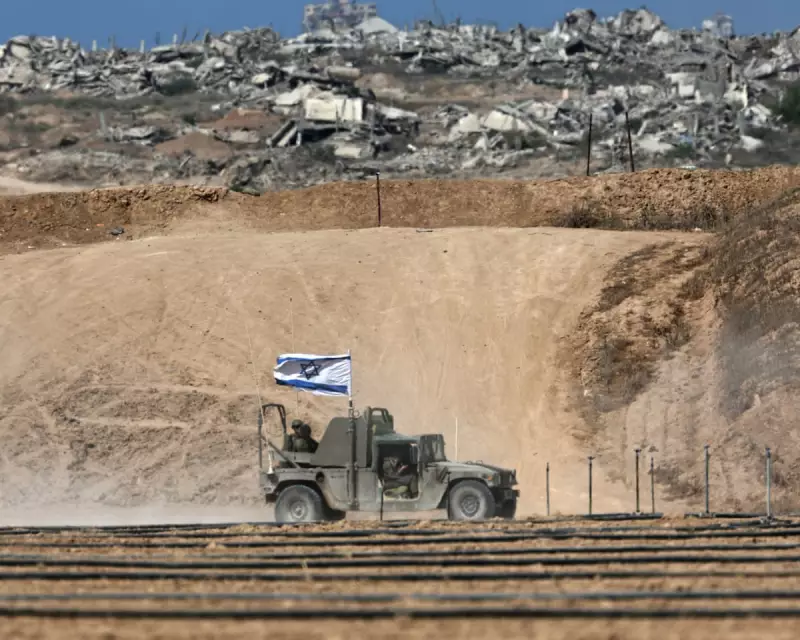
After months of devastating conflict that has reshaped the Gaza landscape and claimed thousands of lives, a potential breakthrough appears on the horizon as Israel and Hamas have initiated indirect negotiations aimed at ending the prolonged war.
Third-Party Mediation Paves Way for Dialogue
According to sources familiar with the matter, communication channels have opened between the warring parties through Qatari intermediaries. This diplomatic development marks the most significant movement toward potential peace since hostilities erupted, with both sides showing willingness to explore a negotiated settlement.
The talks, described as "indirect" and "preliminary," are taking place with mediators shuttling between separate rooms containing Israeli and Hamas delegations in an undisclosed location. This approach has been necessitated by Israel's long-standing refusal to engage directly with what it designates as a terrorist organisation.
Humanitarian Concerns Drive Urgency
International pressure has been mounting for a resolution as the humanitarian situation in Gaza continues to deteriorate. Recent reports from aid organisations describe catastrophic conditions, with widespread displacement, critical shortages of medical supplies, and a looming famine threatening the civilian population.
Western diplomats, speaking on condition of anonymity, have indicated that "the stars may finally be aligning for a potential agreement" after previous failed attempts. The involvement of multiple international actors, including Egypt and the United States alongside Qatar, suggests a coordinated effort to bridge the considerable gaps between the two sides' positions.
Key Sticking Points Remain
While optimism is growing in diplomatic circles, significant obstacles remain that could derail the fragile process:
- Hostage and prisoner exchanges: The fate of Israeli hostages held in Gaza and Palestinian prisoners in Israeli jails remains a central issue
- Humanitarian access: Ensuring safe passage for aid convoys and restoration of basic services
- Long-term security arrangements: Addressing Israel's security concerns while meeting Palestinian demands for sovereignty
- Reconstruction efforts: Managing the massive task of rebuilding Gaza's devastated infrastructure
Cautious Optimism Among Stakeholders
Officials from participating nations have expressed measured hope while emphasising the preliminary nature of the discussions. One European diplomat noted that "while we're further along than we've been in months, we're still at the beginning of what will likely be a complex and fragile negotiation process."
The White House has acknowledged the development, with a spokesperson stating that the administration "welcomes any serious efforts toward de-escalation and a sustainable resolution to the conflict." Similar sentiments have been echoed by other international players, though all have stressed the need for concrete results rather than just dialogue.
As the talks continue behind closed doors, the international community watches with bated breath, hoping that this diplomatic opening might finally lead to an end to one of the most destructive conflicts in recent Middle Eastern history.






